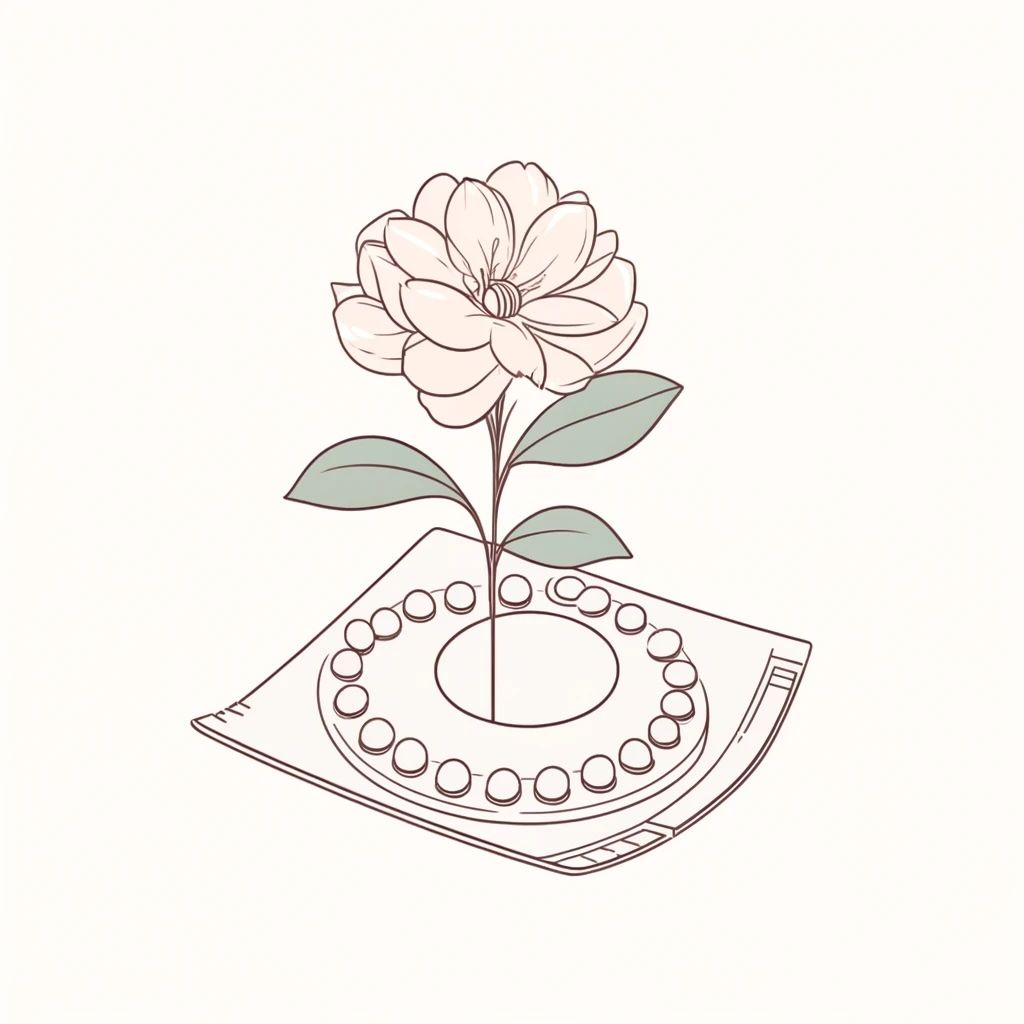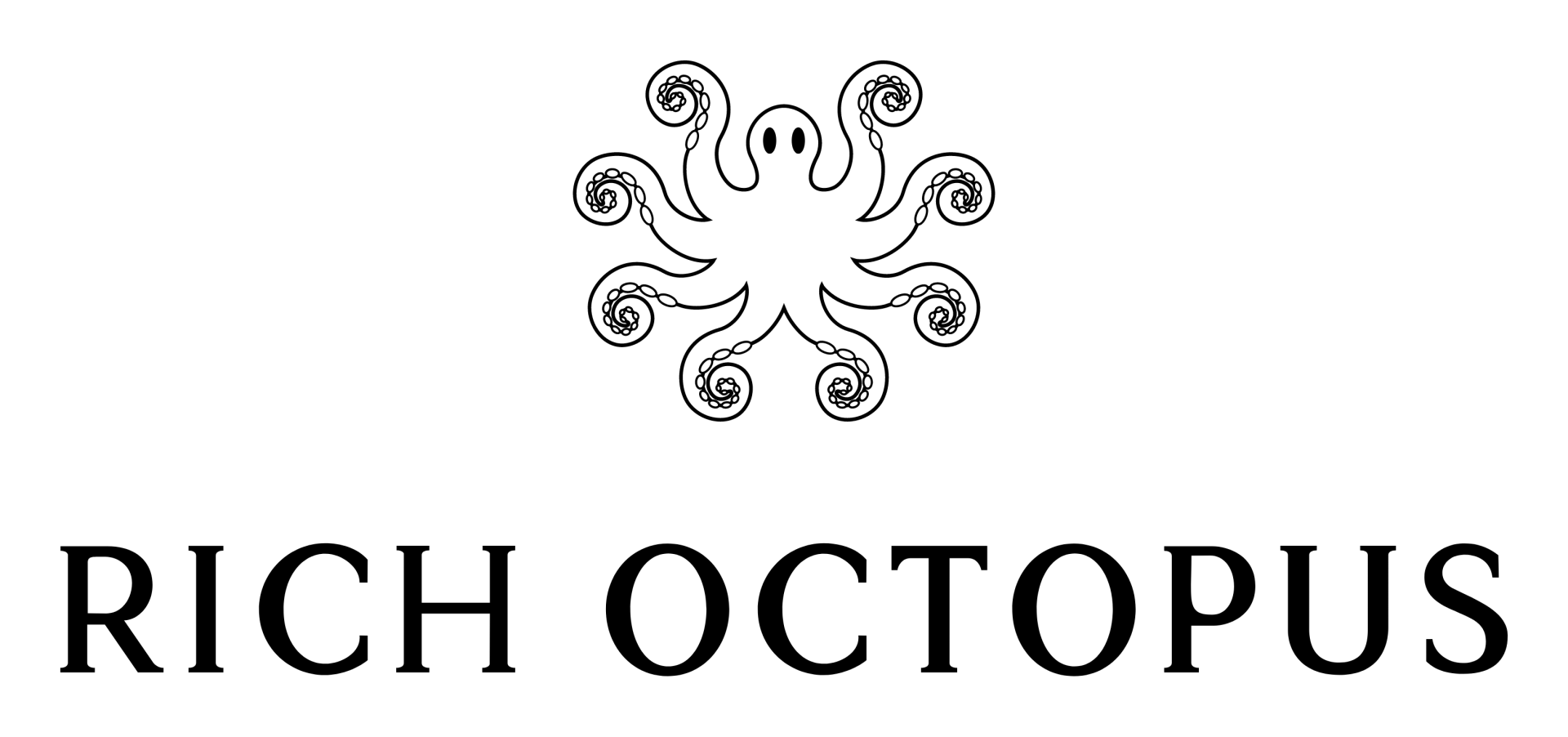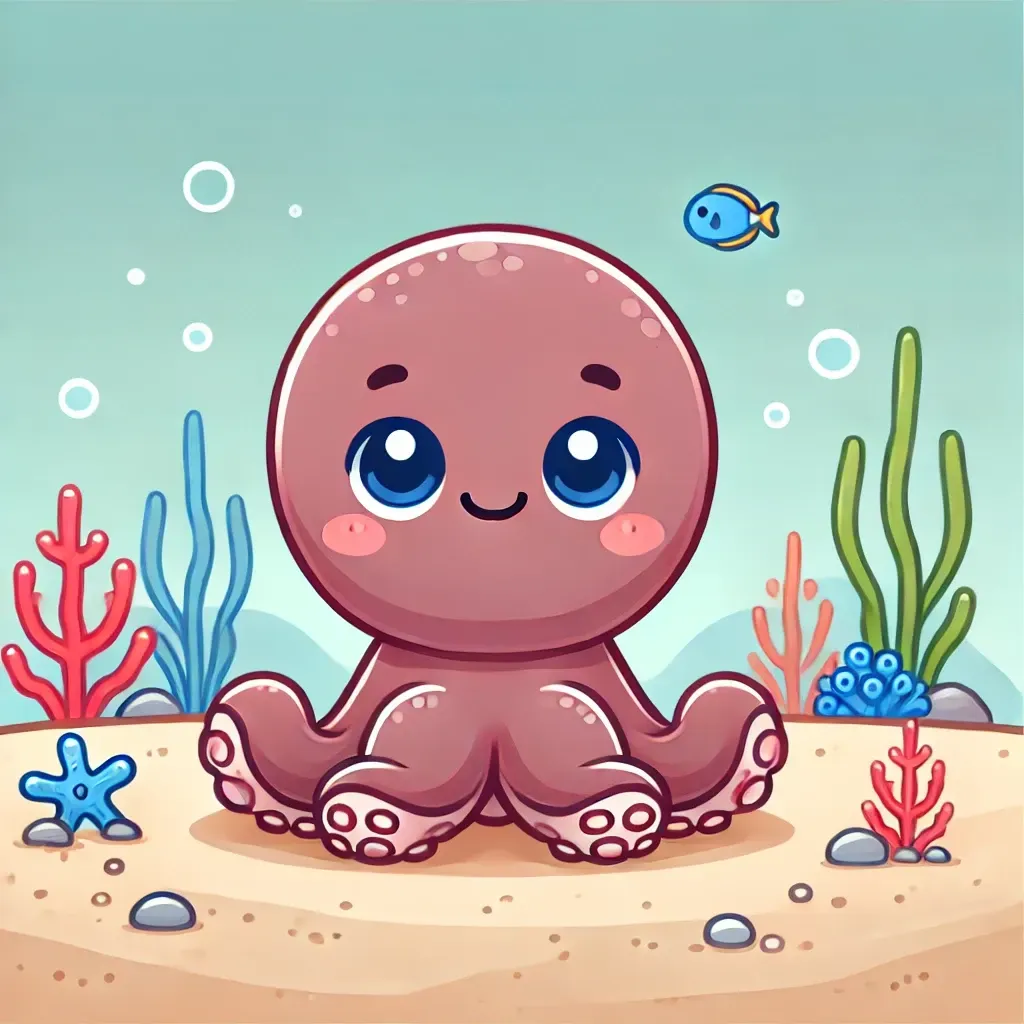Why I Shut People Out: Discovering the Cold Truth About My ADHD

- Recognize Emotional Patterns: Understand how ADHD might influence your perception of relationships and conflicts. Acknowledging that "out of sight, out of mind" can affect emotional connections allows for more mindful relationship management.
- Challenge Avoidance Behaviors: If you tend to avoid conflict or quickly cut off relationships when faced with emotional pain, consider the long-term impact of these behaviors and explore healthier ways to address and resolve conflicts.
- Prioritize Vulnerability: Make a conscious effort to stay engaged in difficult conversations instead of retreating. Embracing vulnerability can deepen your relationships and transform how you connect with others.
- Reflect and Redefine Values: Take time to reflect on what truly matters in your relationships. Aligning your actions with your core values can help ensure that you are building and maintaining the types of connections that are most meaningful to you.
In my journey with ADHD, I’ve uncovered layers of my personality and behavior that I hadn’t fully understood until recently. Today, I want to delve deeper into a darker aspect of how ADHD affects my relationships and my emotional landscape—specifically through the lens of object permanence and my own defense mechanisms.
Understanding Myself Through ADHD and Object Permanence
Object permanence, as I've learned, isn't just about forgetting to reply to texts or losing track of personal items. It extends into the realm of emotional connections. For those of us with ADHD, the "out of sight, out of mind" mentality can manifest in profound and sometimes painful ways, especially in how we handle conflicts and emotional pain.
Since my early years, I've noticed a pattern in my interactions: I go to great lengths to avoid conflict and difficult conversations. The discomfort of confrontation seems so daunting that my instinct is to evade it at any cost. When someone does manage to hurt me, my response is almost clinical—detach, delete, and move on. This autopilot mechanism, facilitated by the ADHD-driven lack of object permanence, makes it eerily easy to cut people out of my life without a second thought.
Reflecting on the Impact
It wasn’t until I began to reflect deeply on these behaviors that I realized how cold and manipulative they might seem to others. What felt natural and protective to me could be profoundly hurtful to those on the receiving end. This realization struck a chord within me, highlighting a disconnect between my self-protective measures and the values I truly want to embody.
Confronting My Defenses
Acknowledging this trait has been both painful and enlightening. I’ve come to see that while my actions were aimed at protecting myself from emotional pain, they were also barriers against true connection and vulnerability. The ease with which I could 'forget' and move on from people wasn’t a superpower—it was a coping mechanism that ultimately led to isolation.
The Path to Alignment
The solution for me has been to consciously reflect on and redefine what is truly important in my relationships. This involves:
- Defining Clear Values: Understanding what I stand for and what I seek in relationships has helped me prioritize my actions and decide which conflicts are worth engaging in.
- Embracing Vulnerability: Instead of running from difficult conversations, I'm learning to stay and face them. This means being open to the discomfort and potential pain they may bring, recognizing that these moments are pivotal in building deeper connections.
- Being Kinder to Myself: Allowing myself to be vulnerable starts with self-compassion. By being gentler with myself, I open up the possibility to truly love and be loved by others.
Encouraging Others
To anyone else discovering similar patterns in their lives, especially my fellow ADHD travelers, know that understanding these aspects of ourselves is a crucial step towards growth. It’s not about changing who we are, but about aligning more closely with who we want to be. The journey involves many small steps and a few large leaps—each one bringing us closer to a fuller, more connected existence.
Looking Forward
As I continue to navigate this complex terrain, I remain committed to exploring the depths of my personality and the impact of ADHD on my life. It’s a challenging path, but one filled with opportunities for profound personal transformation and genuine connection.
Stay brave, stay open, and let’s keep learning together. Every step forward is a step towards understanding not just ourselves, but each other a little better.




